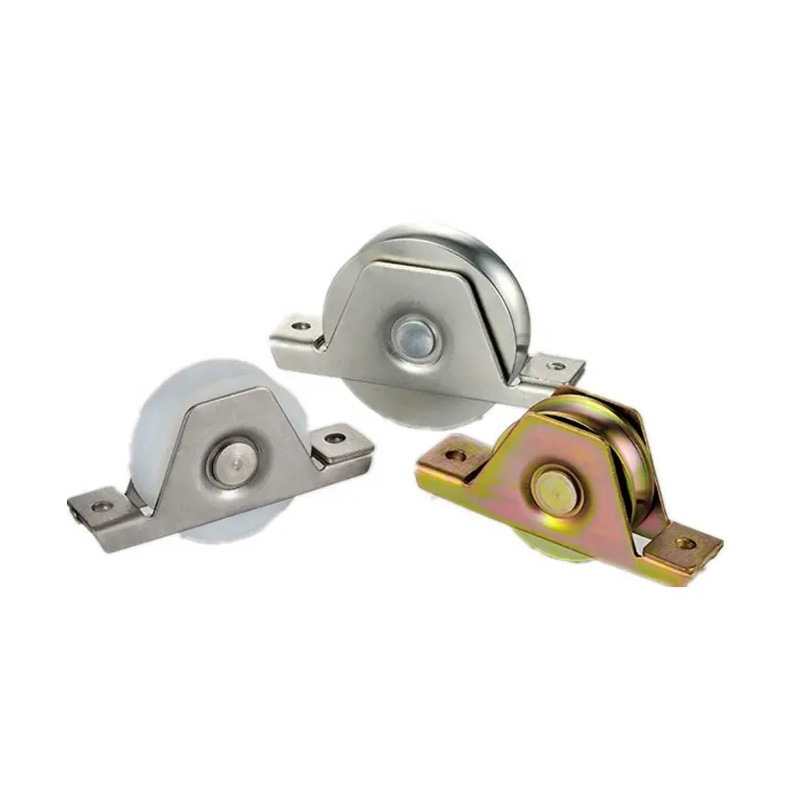No. 200 Gaoxin RD, Shanghua St, Lanxi, Zhejiang, P. R China
The rust-proof high-precision rack pinion gear is a critical component...
See Details
Sliding wheels are essential components in modern doors and windows, providing smooth operation and ease of use. They are designed to reduce friction and distribute weight evenly, allowing panels to glide effortlessly along tracks. Understanding how sliding wheels work and their role in daily life can help homeowners and builders choose the right solutions for better door and window performance.
A sliding wheel manufacturer typically focuses on producing wheels that balance durability, smoothness, and load capacity. The materials used for these wheels often include nylon, stainless steel, or reinforced polymers, which can withstand repeated use without deforming. The quality of the wheel directly affects how smoothly a door or window moves. Low-quality wheels may create resistance, squeaking sounds, or even track damage over time, while well-designed wheels maintain steady motion and reduce strain on the frame.
One way sliding wheels improve movement is by minimizing friction. When a door or window is opened or closed, the wheels roll along the track instead of dragging, which significantly lowers the force needed to operate the panel. This makes sliding doors and windows easier to handle for people of all ages and abilities. The reduction of friction also decreases wear and tear on both the wheels and the tracks, extending the lifespan of the entire system. A sliding wheel manufacturer often tests wheels under various load conditions to ensure consistent performance over thousands of cycles.
Another factor that enhances movement is the design of the wheel assembly. Many sliding wheels feature ball bearings or precision rollers that allow for smoother rotation. Some designs include adjustable mounts, which help align the door or window with the track for contact and motion. Proper alignment prevents the wheels from jamming or veering off track, which can compromise safety and functionality. Manufacturers consider these design elements carefully to make sure the wheels can handle different types of doors and windows, from lightweight interior panels to heavier exterior models.
Durability is also an important consideration. Doors and windows are often subjected to frequent use, exposure to weather, and occasional impact. Sliding wheels made from robust materials maintain their shape and performance over time, ensuring that doors and windows continue to operate efficiently. A sliding wheel manufacturer usually provides guidance on load limits and maintenance tips, such as periodic lubrication or cleaning of the tracks, to help users maintain smooth movement and prevent premature wear.
In addition to functional benefits, sliding wheels can improve energy efficiency and safety. Doors and windows that move easily are more likely to close fully, reducing drafts and helping maintain consistent indoor temperatures. Properly functioning wheels also reduce the risk of sudden sticking or misalignment, which can cause accidents or damage. Choosing reliable sliding wheels designed for the specific weight and type of the door or window ensures that the panels move steadily and safely.
Sliding wheels play a crucial role in enhancing the movement and usability of doors and windows. By reducing friction, supporting the weight of panels, and providing smooth rotation, they make daily operation easier and more reliable. A sliding wheel manufacturer designs wheels with materials and mechanisms suited to different applications, ensuring long-lasting performance. Regular maintenance and correct installation further contribute to smooth movement, making sliding wheels a practical and effective solution in both residential and commercial settings.